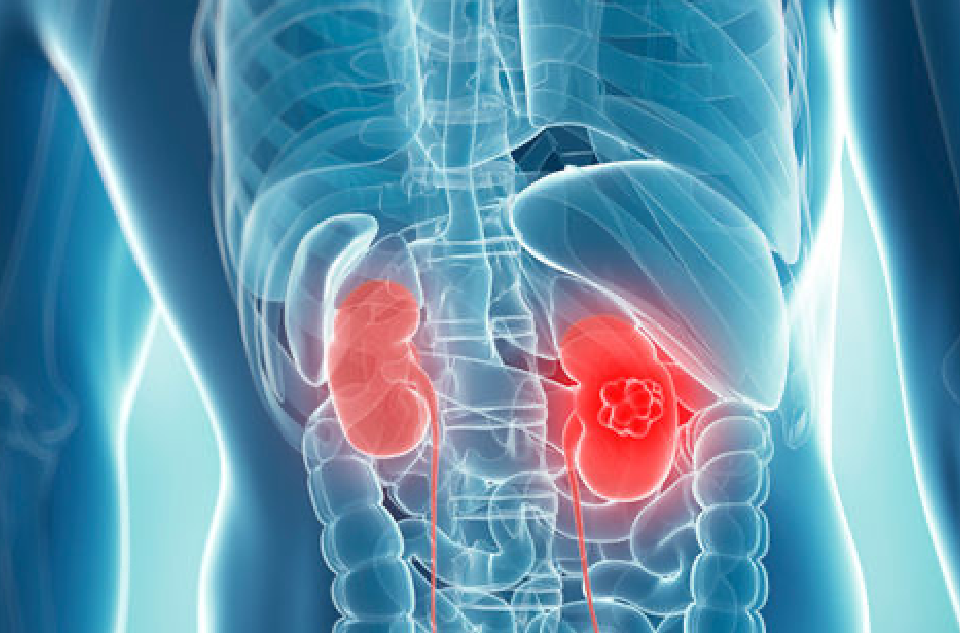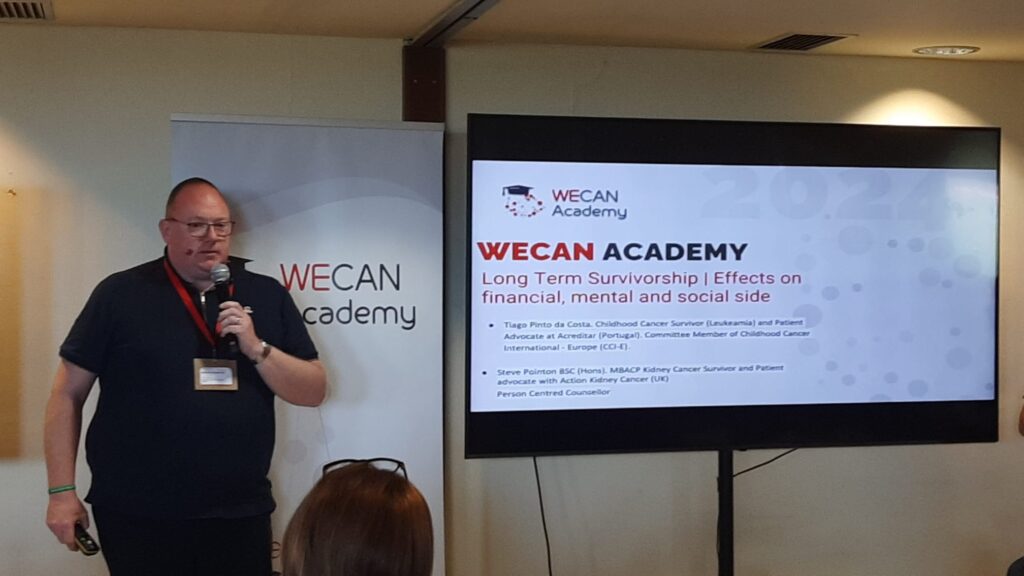Share this Page:
To date, there have not been any studies that have compared second-line treatments for patients with kidney cancer that has spread (metastatic kidney cancer). This study looked at real-world data to compare the effectiveness of cabozantinib and axitinib (both tyrosine kinase inhibitors) as second-line treatments in patients with metastatic kidney cancer who had previously been treated with a combination of immunotherapies, nivolumab plus ipilimumab.
In the study, there were 48 patients treated with cabozantinib and 60 patients treated with axitinib as a second-line treatment after nivolumab plus ipilimumab for metastatic kidney cancer.
The average time to when the treatment stopped working and the cancer started growing again (progression-free survival, PFS) was 11 months with cabozantinib and 9.5 months with axitinib. Over a third of the patients responded to treatment with both cabozantinib and axitinib. There were slightly more serious or life-threatening side effects to cabozantinib compared with axitinib.
Average progression-free survival was longer in patients with poor-risk disease in the cabozantinib group compared to the poor-risk patients in the axitinib group.
The effectiveness and safety of cabozantinib and axitinib were similar in this study. In the poor-risk group, cabozantinib was more effective than axitinib. These findings may help in the selection of second-line treatment after nivolumab plus ipilimumab treatment in patients with metastatic kidney cancer.













